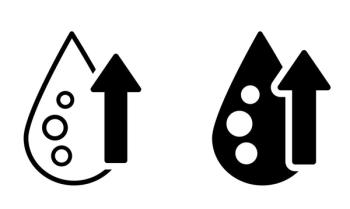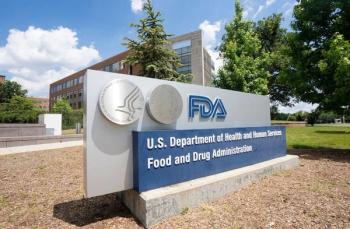
Statin Therapy for Coronary Prevention Shows Extended Benefit
GLASGOW, Scotland -- The coronary prevention benefits of five years of statin therapy in a pioneering trial proved to have enduring power as long as a decade after the original study ended, researchers here found.
GLASGOW, Scotland, Oct. 11 -- The coronary prevention benefits of five years of statin therapy in a pioneering trial proved to have enduring power as long as a decade after the original study ended, researchers here found.
The rate of coronary events was reduced by 27% over the entire 15 years of follow-up. The last 10 years of follow-up was in a community setting, when only about one-third of the men used statins, Ian Ford, Ph.D., of the University of Glasgow, and colleagues, reported in the Oct. 11 issue of the New England Journal of Medicine.
This on-going additional 10-year benefit was presumably due to stabilization of existing plaque and a slowing of the progression of coronary artery disease during the original five years of the study, the researchers said.
The original five-year placebo-controlled West of Scotland Coronary Prevention Study (WOSCOPS), which began enrollment in 1989 and 1991 and ran until 1995, established the use of statins for primary prevention of stroke and myocardial infarction. The event rate for men randomized to pravastatin (Pravachol) was 5.5% versus 7.9% in the placebo arm (P
One important limitation of the study, the researchers said, was that because of funding constraints, they were not able to obtain data on statin use for the entire 10-year follow-up period after completion of the trial.
Because of the post-trial use of statins in both randomized groups, it was possible that this analysis underestimated the likely effect of the initial five years of statin therapy in reducing coronary events.
In an accompanying editorial, Michael J. Domanski, M.D., of the National Heart, Lung, and Blood Institute, said the 10-year follow-up data confirm the role of lipid-lowering therapy in the prevention of cardiovascular events.
The central questions remaining are how early treatment should be started and how low to set the target LDL cholesterol level.
Although a few primary prevention trials have demonstrated that treating LDL to very low targets-70 mg/dL-reduced events, no trial provides information about a level of about 90 mg/dL, and none of the trials addresses the issue in adults in their early to middle years, he said.
Dr. Ford reported receiving a software development grant from AstraZeneca. Co-author Chris J. Packard, D.Sc., reported receiving consulting and lecture fees from AstraZeneca, GlaxoSmithKline, and Schering-Plough, and research funding from the Biotechnology and Biological Sciences Research Council (United Kingdom), GlaxoSmithKline, the British Heart Foundation, and the Chest Heart and Stroke Association (United Kingdom). Peter W. Macfarlane, D.Sc., reported receiving consulting fees from AstraZeneca. James Shepherd, M.D., reported receiving consulting fees from GlaxoSmithKline, Merck, Pfizer, and AstraZeneca; lecture fees from AstraZeneca and Merck; and a research grant from the National Institutes of Health. Stuart M. Cobbe, M.D., reported receiving consulting fees, lecture fees, and a research grant from AstraZeneca. No other potential conflict of interest relevant to this article was reported.
Dr. Domanski, the editorial writer, reported no potential conflict of interest relevant to this article.
Newsletter
Enhance your clinical practice with the Patient Care newsletter, offering the latest evidence-based guidelines, diagnostic insights, and treatment strategies for primary care physicians.



































































































































